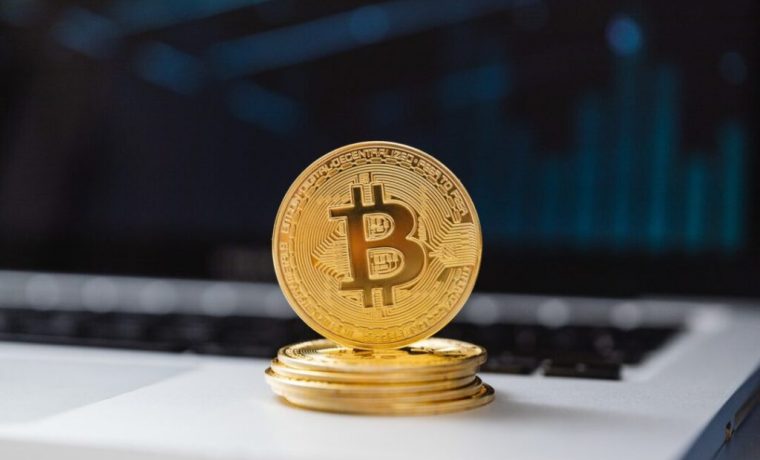What are non-fungible tokens? Simply put, they are tokens that are not interchangeable. Each one is unique and possesses its distinct value. They can be used to represent various things, such as virtual assets, identities, or rights. Dan Schatt and Domenic Carosa, executives of Earnity look to help people better understand NFT’s. One of the key benefits of utilizing non-fungible tokens is that they can help to create greater trust and transparency in online transactions. This is because NFTs be used to track the history and ownership of virtual assets, which can help to prevent fraud and scams.
NFTs represent real-world assets such as art, real estate properties, and collectibles. Secured by the Ethereum blockchain, each NFT can only have one true owner at a time. No other user can modify the ownership record of the NFT, nor can it be copied into a new asset. NFTs attract a wide range of audiences as they can represent different real-world items. Each NFT is minted from digital items to represent digital and non-digital assets. These include digital art such as gifs, music, videos, and collectibles. NFTs represent real-world assets such as world event tickets, car titles, tokenized invoices, signatures, and legal documents.
Earnity’s Domenic Carosa and Dan Schatt want NFT transactions to be safe and secure. NFTs are minted by employing smart contracts which assign ownership and govern the transferability of the assets. The minting process includes developing a new block, authenticating information, and documenting information to the blockchain.
With physical assets, proving one’s ownership over these can sometimes be tricky. With NFTs, owners can enjoy absolute ownership. The token carries the proof that the copy of the digital file is, in fact, the original. One’s private key to the NFT is proof of ownership of the original asset. No other user can manipulate the NFT and its records. In addition, selling NFTs can sometimes earn the original creator’s royalties for resale.

















